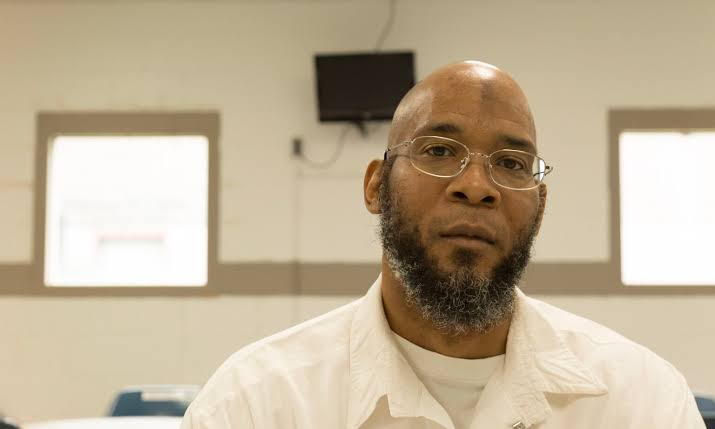
In a highly controversial case, Missouri executed Marcellus Williams by lethal injection on Tuesday, September 24, 2024, despite last-minute appeals from prosecutors, jurors, and the victim’s family to spare his life.
Williams, 55, was convicted in 2001 for the 1998 murder of former newspaper reporter Felicia Gayle.
The execution took place at around 6 p.m. CT at the Bonne Terre state prison, following a US Supreme Court decision earlier that day denying Williams’ request for a stay. The Supreme Court offered no explanation for its decision, and there were no noted dissents in two of Williams’ appeals. However, Justices Sonia Sotomayor, Elena Kagan, and Ketanji Brown Jackson said they would have granted the request to pause the execution.
In his final statement, Williams said, “All Praise Be to Allah In Every Situation!!!” He remained steadfast in maintaining his innocence until the end, according to his attorney Larry Komp, who said, “Although we are devastated and in disbelief over what the State has done to an innocent man, we are comforted that he left this world in peace.”
Williams was convicted of stabbing Gayle to death in her home, but recent DNA testing raised doubts about his involvement. A joint brief filed by St. Louis County Prosecuting Attorney Wesley Bell and Williams’ legal team asked the Missouri Supreme Court for a new hearing after new testimony and evidence surfaced. “The DNA testing of the knife used in the murder might suggest Williams was not the killer,” Bell said.
Despite these efforts, Missouri Governor Mike Parson refused to intervene, stating, “No jury or judge has ever found Williams’ innocence claim to be credible. Two decades of judicial proceedings and more than 15 hearings have upheld his guilty conviction.”
Williams’ legal team condemned the execution, arguing that the system prioritized “finality over fairness.” Tricia Rojo Bushnell, one of Williams’ attorneys, told CNN, “We have a system that will let a man be executed in spite of all of this. It really is not a system of justice.”
The case highlighted the risks of capital punishment, especially when questions of innocence persist. Since 1973, over 200 death row inmates have been exonerated, including four in Missouri, according to the Death Penalty Information Center.
Despite the gravity of the situation, the execution proceeded after all legal petitions were denied. Governor Parson defended the decision, asserting, “Mr. Williams has exhausted due process and every judicial avenue… At the end of the day, his guilty verdict and sentence of capital punishment were upheld.”
Felicia Gayle’s family had previously agreed to a deal that would have seen Williams enter an Alford plea and be resentenced to life in prison. However, this was blocked by the state attorney general’s office. The case raises profound questions about the integrity of the justice system and the irreversible nature of capital punishment.








